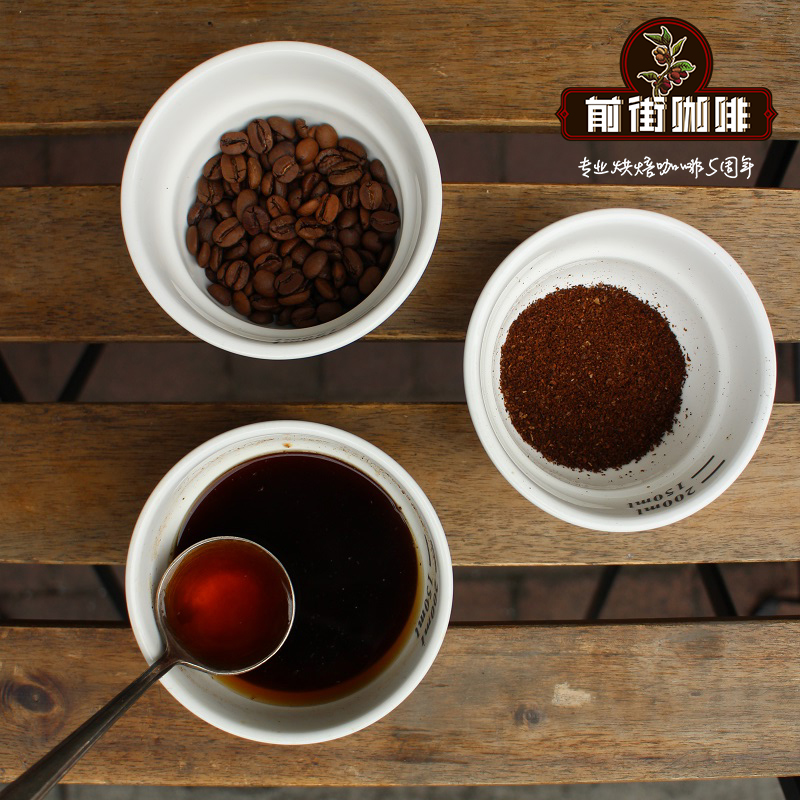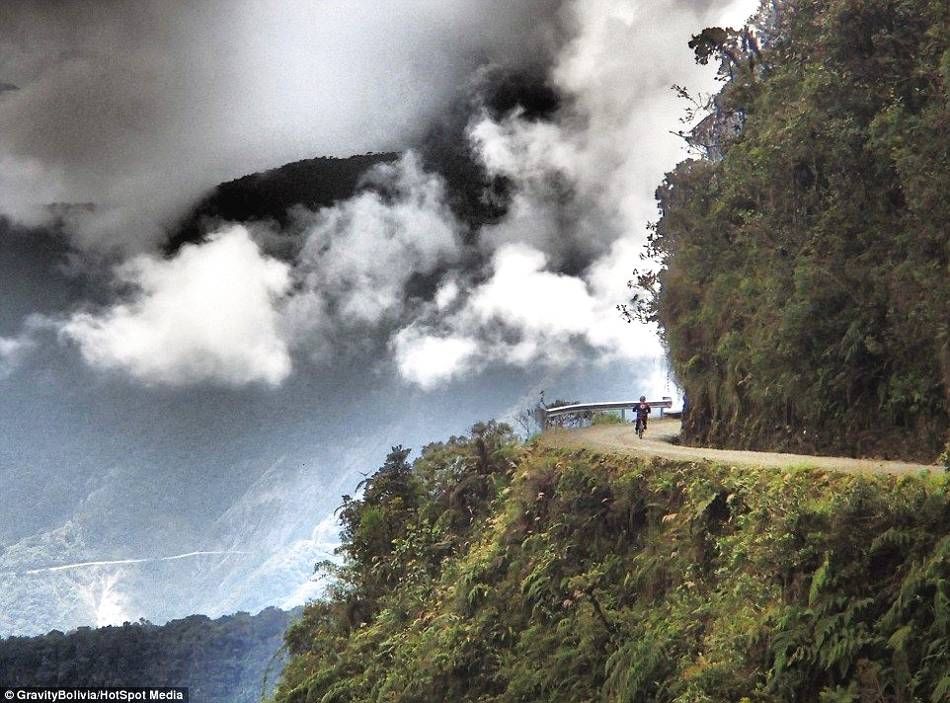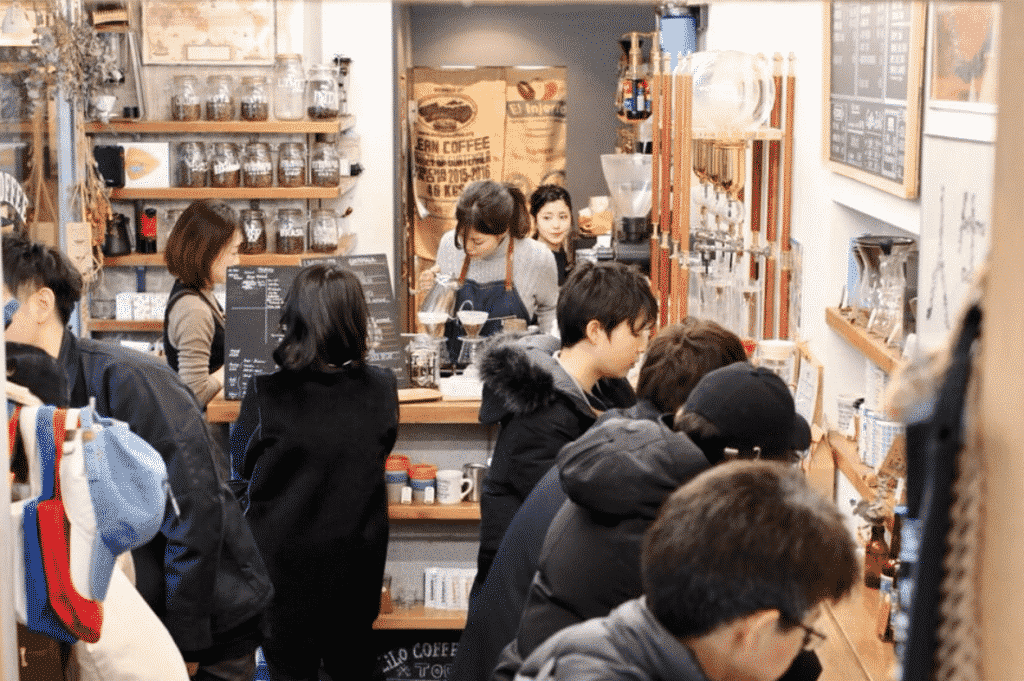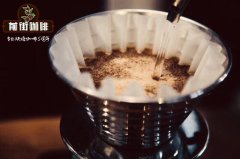The only North Mangus Highway where Bolivian coffee is transported out of the rainforest.
Professional coffee knowledge exchange more coffee bean information please follow the coffee workshop (Wechat official account cafe_style)

South America is rich in coffee beans, and Bolivia is no exception. The unique tropical rain forest environment in some parts of Bolivia provides excellent natural conditions for the growth of organic coffee. The aroma of Bolivian coffee is rich and unique, both the aroma of ground beans and the aroma of coffee are obviously rich, similar to the mixture of flower and fruit aroma, impressive.
The vast majority of coffee cultivation in Bolivia comes from a vast primeval forest called Yungas, which has a unique tropical rain forest environment that provides excellent natural conditions for the growth of organic coffee. The only North Yungas Road highway that used to transport coffee out of the rainforest is recognized as the first dangerous road in the world. Hundreds of people die in traffic accidents every year, and some people call it the first "road of death" (El Camino de la Muerte) in the world.

The most famous producing area in Bolivia is La Paz, including Caravani, Yungas, Inquisivi and so on.
The main varieties of coffee in Bolivia are Arabica, such as Iron pickup, Kaddura, Cleo, Kaduai and Katim, as well as new varieties of gesha and sl28. The production season is from July to November, most of them are washed coffee beans, only some of them are sun-treated.
Almost all of Bolivia's cultivation is organic, and it is in this primitive and scientific way that the output of Bolivian coffee has declined, but its quality has not declined seriously. Both the aroma of ground beans and the aroma of coffee are obviously strong. Bolivian coffee is impressive with a mixture of flower and fruit aromas without losing its mellowness and balance.
Important Notice :
前街咖啡 FrontStreet Coffee has moved to new addredd:
FrontStreet Coffee Address: 315,Donghua East Road,GuangZhou
Tel:020 38364473
- Prev

The list of the 50 best coffee shops in Asia in 2019 has been released! There's no time to explain! Get in the car!
Professional coffee knowledge exchange more coffee bean information Please pay attention to coffee workshop (Wechat official account cafe_style) Coffee culture has become very popular all over the world in recent years, many people no longer regard coffee as a simple reminder drink, but as a kind of enjoyment and culture. Coffee lovers will inevitably want to visit local famous coffee shops and drink all the good coffee when they travel abroad.
- Next

Beans are divided by seed, RUIRU 11
Professional coffee knowledge exchange more coffee bean information please follow the coffee workshop (Wechat official account cafe_style) Lulu Yilu (RUIRU) 11 high-yielding dwarf hybrid varieties resistant to leaf rust and berry disease. Released in Kenya. Ruiru 11 is a compact and high-yielding variety cultivated in Kenya that allows for higher density and reduces losses caused by diseases and insect pests. nineteen
Related
- Can I make coffee a second time in an Italian hand-brewed mocha pot? Why can't coffee be brewed several times like tea leaves?
- Hand-brewed coffee flows with a knife and a tornado. How to brew it? What is the proportion of grinding water and water temperature divided into?
- What is the difference between Indonesian Sumatra Mantinin coffee and gold Mantinin? How to distinguish between real and fake golden Mantelin coffee?
- What does bypass mean in coffee? Why can hand-brewed coffee and water make it better?
- Unexpected! Ruixing Telunsu lattes use a smoothie machine to foam milk?!
- % Arabia's first store in Henan opens into the village?! Netizen: Thought it was P's
- Does an authentic standard mocha coffee recipe use chocolate sauce or powder? Mocha Latte/Dirty Coffee/Salty Mocha Coffee Recipe Share!
- What is the difference between Vietnam egg coffee and Norway egg coffee? Hand-brewed single product coffee filter paper filter cloth filter flat solution!
- What is the difference between sun-cured and honey-treated coffee? What are the differences in the flavor characteristics of sun-honey coffee?
- How to make Italian latte! How much milk does a standard latte use/what should the ratio of coffee to milk be?

